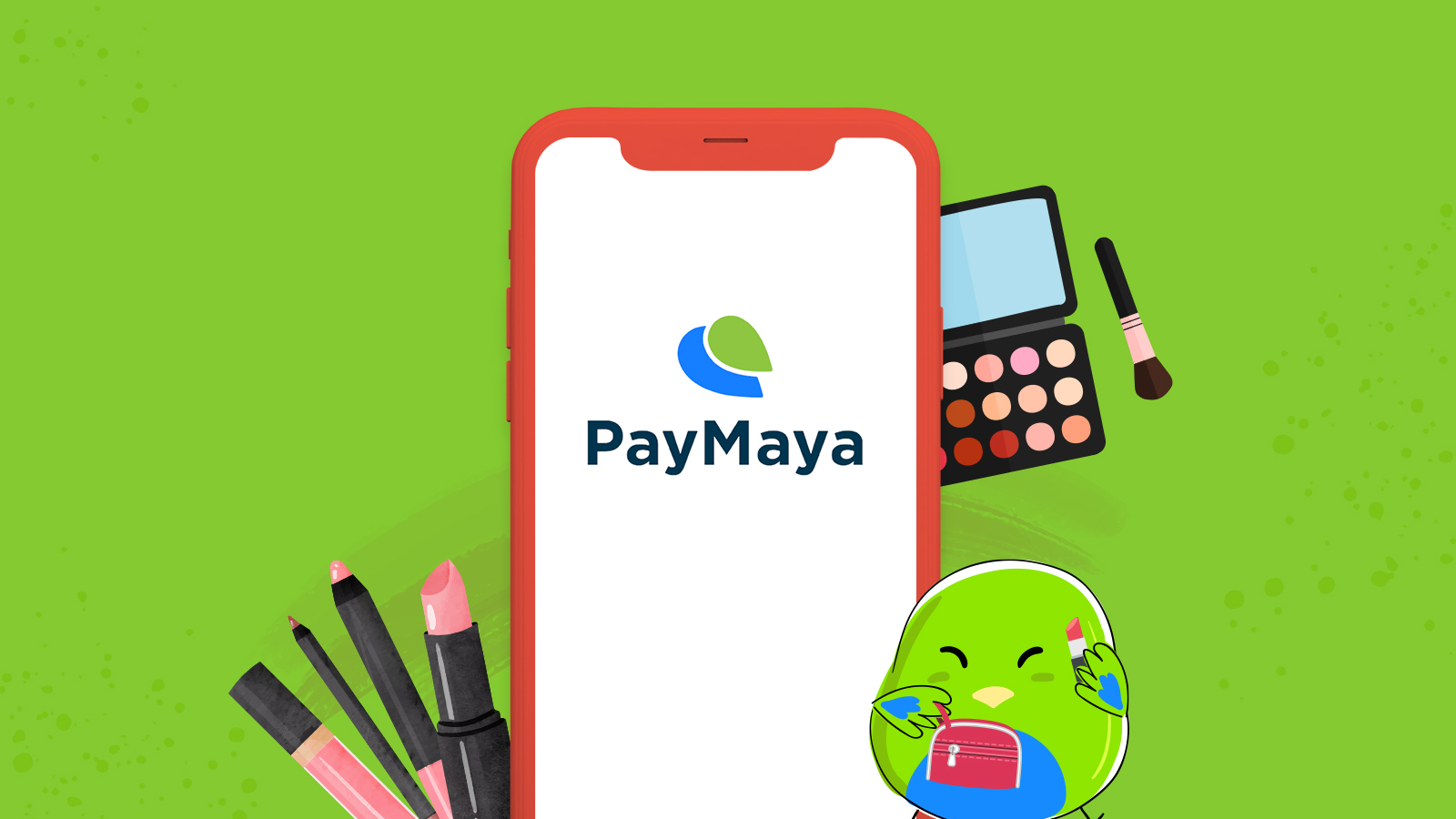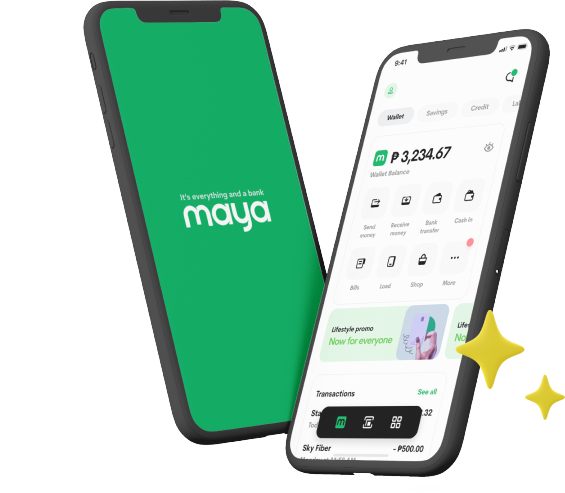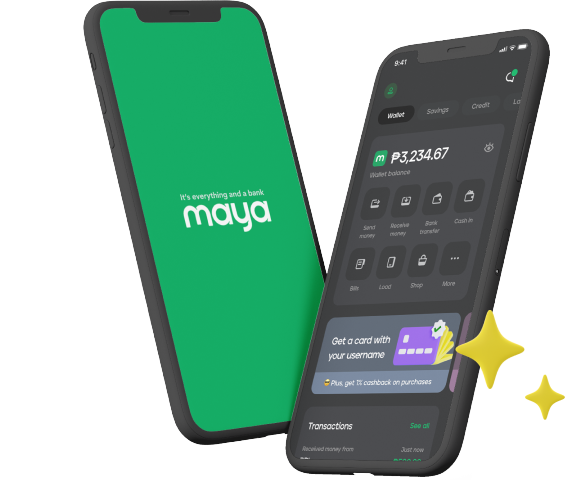
If it’s your current ambition to start an online business and become an ecommerce entrepreneur, you’ve got a lot of important decisions ahead of you. One of the first choices you’ll have to make—and one of the most important for the business at large—is where you’ll open shop. Is it better to open an account and sell at a popular online marketplace like Shopee, Lazada, or Carousell? Or are you better off investing in an ecommerce website of your own?
Your choice to sell from your own website or from an online marketplace will have quite the impact on your business. Your platform will determine your sales strategy, how much business capital you’ll have to put down, and what your customer experiences will be like. Weigh the decision carefully, as what works for another ecommerce entrepreneur may not necessarily be the best solution for you. The ideal online shopping experience for your customers really depends on several factors. Here are some considerations you should be making when deciding between your own website or an account at an online marketplace.
What Type of Item Do You Want to Sell?
The first consideration has to do with what exactly you’ll be selling to your customers. Oftentimes, it’s the nature of the product or service that dictates where it should be sold. Items that you want to move quickly, like consumables or electronics, have the best chances on online marketplaces where the traffic is already high. There are also online marketplaces that are known as trusted platforms for selling secondhand items or wholesale items. However, if you’re selling specialty products or services, like customized goods, it’s a good idea to give them the spotlight on your very own site.
How Many Products Are You Selling?
The next issue to resolve is how many products you’ll be selling. Wholesalers and entrepreneurs with large inventories may get a good start on online marketplaces. That’s because such platforms already have great systems in place for managing stock. On the other hand, boutique sellers who want to market from small, highly curated product lines may be better off doing so on their own websites. They can opt for simple, yet robust ecommerce plugins for inventory management and allot more energy toward tasks like content marketing for their products.
Which of the two applies to your situation? That may dictate whether selling from a website or selling from an online marketplace is the best course of action.
How User-Friendly and Convenient Do You Need the Platform to Be?
Regardless of where you’ll be selling your items, you’ll have to follow a certain learning curve for ecommerce. But how steep that initial learning curve will be is really up to you. If you want a speedier start to your business, you may want to open an account at an online marketplace. Their interface for selling products may be just as convenient and user-friendly to you as the interface for online customers.
Conversely, you may be willing to learn how to assemble and run an online store from scratch, even if it’ll be hard at first. If this is your inclination, then you can go straight to building a website. The degree of control it will afford you in managing your products may very well be worth it in the end.
How Much Are You Willing to Pay to Sell Products?
The fourth factor to consider is the cost of doing business online. Entrepreneurs on a shoestring budget usually choose online marketplaces, as the cost to open a store is either free or very minimal. On the other hand, separate ecommerce websites typically require a lot of time and money to put together. The tradeoffs are evident, however. It’s easier to scale up, customize, and grow one’s own ecommerce system through one’s own website. But a seller on an online marketplace is constrained to doing business the way everyone else on the marketplace does.
If you want a compromise, you can try testing the waters on an online marketplace first. Then, you can eventually save up to open your own website from where you can sell. Perhaps by then, you’ll have gained some business savvy from selling on the online marketplace and you’ll be able to improve from your own storefront.
How Wide Do You Want Your Reach to Be?
Next is the question of the target market. How many people do you want to reach, and how do you want to go about marketing your products? Many choose to start in an online marketplace because these already attract a lot of traffic from regular users. Moreover, these sites also come with their own order fulfillment, warehousing, and delivery systems. If you want to take advantage of the online marketplace’s algorithms and shipping infrastructure, opening an account there is the way to go.
On the other hand, you may prefer to sell within a small demographic. Perhaps the nature of your product dictates that you can only take a limited number of orders at a time. If that’s the case, you can open your own ecommerce store and adapt a niche marketing strategy. You can also opt to take care of order fulfillment and shipping by yourself.
How Branded Do You Want the Customer Experience to Be?
The last issue pertains to branding, which is what will keep your business relevant and unique among its competitors. On an online marketplace, it is possible to build a brand, but it may be harder to distinguish it from many others on the platform.
It’s a better long-term strategy to open an ecommerce website and use it to build a stronger brand identity for your business. With your own web property, you have full control over the look and feel of vital aspects like shopping, online payment, and checkout experiences. Along with your products, these are what will help your customers remember you and motivate them to return to your business.
Conclusion
There are pros and cons alike to opening an online marketplace account versus opening a brand-new ecommerce website. The best option really depends on what your current goals are as an ecommerce entrepreneur. Choose the kind of platform that best aligns with your needs and is appropriate for the size and nature of your online business!
You might also like
These Stories on E-Commerce




